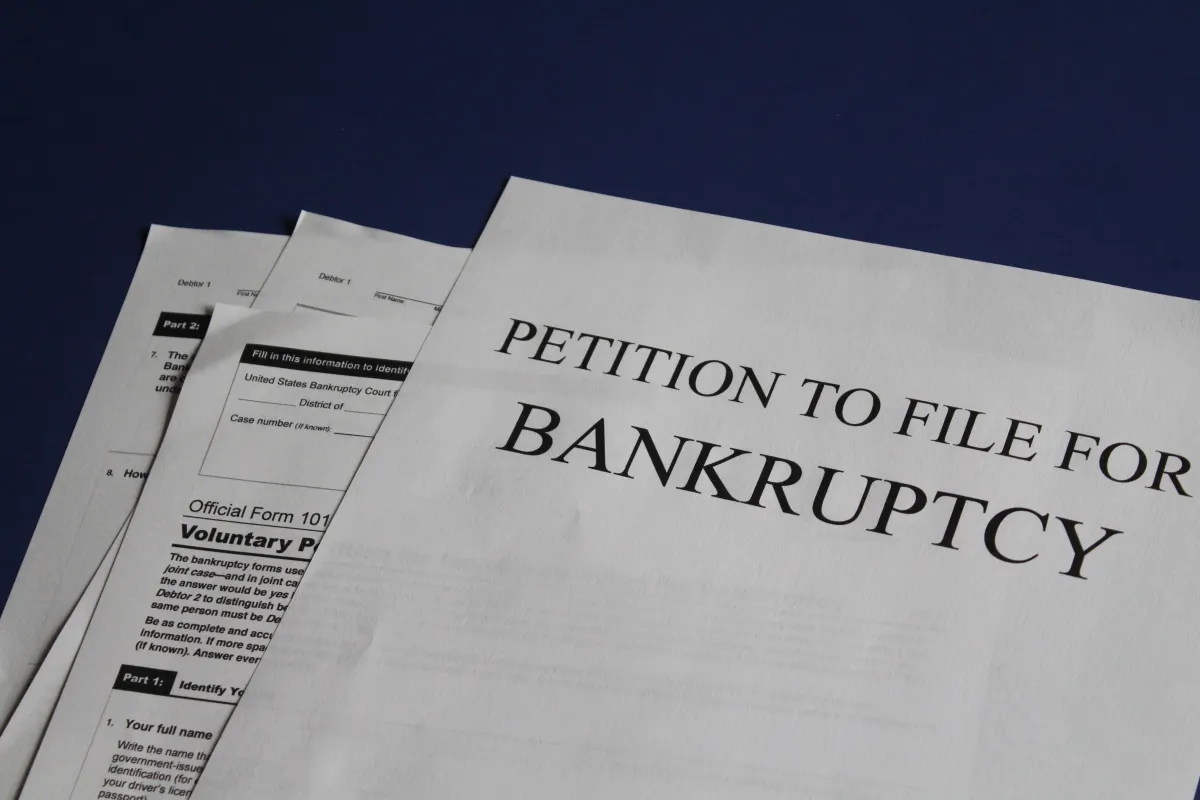Blogs

Understanding Bankruptcy Options in Alberta, BC, Winnipeg, SK, and ON
Bankruptcy can be a challenging and complex process, often viewed as a last resort for individuals and businesses facing overwhelming debt. However, understanding the ins and outs of bankruptcy laws in Alberta, British Columbia, Winnipeg, Saskatchewan, and Ontario, as well as exploring potential alternatives, can help debtors make well-informed decisions that promote financial recovery.
At SN Law Office, our expert legal team offers accurate, informative, and educational content to guide clients through the process of bankruptcy and debt management with over 20 years of experience in business and bankruptcy law.
In this comprehensive guide, we will explore fundamental aspects of bankruptcy options in Alberta, BC, Winnipeg, SK, and ON, including the types of bankruptcy, comparisons between local jurisdictions, available alternatives, and the implications of each choice. By understanding the intricacies of bankruptcy laws and procedures, you can make well-informed decisions that align with your financial goals and ultimately, pave the way to a more stable financial future.
Given the differences in legislation and regulations across provinces, seeking expert guidance and thorough education on bankruptcy options is critical to understanding which path is most suitable for your unique financial situation. The knowledgeable attorneys at SN Law Office are dedicated to providing tailored advice and support, ensuring that your experience navigating bankruptcy or alternative resolutions is as smooth and stress-free as possible.
In the subsequent sections of our guide, we will dive into the critical aspects of bankruptcy options in Alberta, BC, Winnipeg, SK, and ON, such as the implications of declaring bankruptcy, exploring alternative debt relief solutions, and understanding the key differences in provincial bankruptcy laws. Stay tuned for more enlightening articles on various legal topics designed to address your individual concerns, delivered by the professionals at SN Law Office.
An Overview of Bankruptcy Laws in Canada
To make well-informed decisions regarding bankruptcy, it is essential to understand the core differences between provinces and general regulations across Canada:
1. Bankruptcy and Insolvency Act: Governed by federal legislation, the Bankruptcy and Insolvency Act outlines the rules and procedures for bankruptcy and insolvency cases in Canada. However, provincial legislation also plays a role in defining exemptions and other specific regulations.
2. Federal vs. Provincial Regulations: While the Bankruptcy and Insolvency Act is a federal law, certain aspects of bankruptcy, such as asset exemptions and enforcement of debt repayment, are regulated at a provincial level. This results in some differences among Alberta, British Columbia, Winnipeg, Saskatchewan, and Ontario.
Types of Bankruptcy and Their Implications
Various types of bankruptcy exist to address the unique circumstances of debtors, with different implications depending on the chosen approach:
1. Personal Bankruptcy: Individuals can file for personal bankruptcy, which involves the surrender of non-exempt assets to a Licensed Insolvency Trustee in exchange for the discharge of eligible debts.
2. Corporate Bankruptcy: Corporations may declare bankruptcy by filing a proposal or through the liquidation of assets to repay creditors.
3. Bankruptcy Consequences: While bankruptcy offers a chance to eliminate debt, there are also negative consequences, such as its impact on credit ratings, loss of non-exempt assets, and potential social and psychological effects.
Alternatives to Bankruptcy
Bankruptcy is not the only solution to debt management, and understanding available alternatives is crucial in selecting the most appropriate course of action:
1. Consumer Proposals: A consumer proposal is a legally binding process that allows debtors to negotiate with creditors, offering a partial repayment plan while avoiding the consequences of bankruptcy.
2. Debt Consolidation: Consolidating debts into a single loan with a lower interest rate can make repayment more manageable and help avoid bankruptcy.
3. Credit Counseling: Seeking advice from accredited credit counsellors can provide valuable insights into budgeting and debt management strategies that may help debtors regain financial control without declaring bankruptcy.
Comparing Bankruptcy Options Across Provinces
While federal regulations guide bankruptcy in Canada, understanding the nuances in provincial legislation can be critical in navigating the process:
1. Alberta: In Alberta, provincial exemptions protect specific assets from seizure during bankruptcy, including necessary clothing, household items, personal effects, a motor vehicle up to a specific value, and limited equity in a primary residence.
2. British Columbia: BC has similar exemptions to Alberta, but with distinct differences in amounts and specific categories. Notably, BC has a different threshold for the allowable value of a motor vehicle and a lower exemption limit for home equity.
3. Winnipeg (Manitoba): In Manitoba, exemptions predominantly concern personal belongings, tools of the trade, necessary household furnishings, a primary residence with limited equity, and a motor vehicle.
4. Saskatchewan: Saskatchewan shares many exemption categories with the other provinces, with the critical difference being the Wildcard Exemption that allows debtors to protect specific non-exempt assets up to a predefined value.
5. Ontario: Ontario has its own distinct set of exemptions, such as a higher limit for the value of a motor vehicle, unique provisions for retirement savings, and a differently structured exemption for a primary residence.
Conclusion
Navigating bankruptcy options in Alberta, BC, Winnipeg, Saskatchewan, and Ontario can be a challenging and complex process, requiring a solid understanding of federal and provincial legislation, the types of bankruptcy, and potential alternatives. By grasping the critical differences in provincial regulations and exploring all pathways to debt relief, you can make informed decisions in line with your financial goals and unique circumstances.
The expert legal team at SN Law Office is dedicated to providing accurate, informative, and personalized advice on bankruptcy options and alternatives, ensuring a smoother, more manageable experience for individuals and businesses facing financial hardship. Trust our expertise and guidance to help you regain control of your financial future and embark on a path toward stability and success.
Lets talk about your case
Lets talk about your case
Request A Call
snayak@snlawofficeab.ca
10328 81 Ave NW Suite 308,
Edmonton, AB T6E 1X2
Mon - Fri (8:30am-4:30pm)
Services
SN Law Office ® 2022 | All Rights Reserved | Privacy Policy

